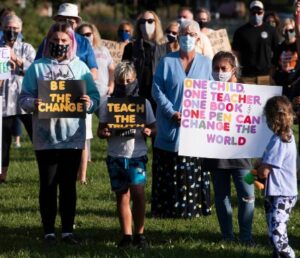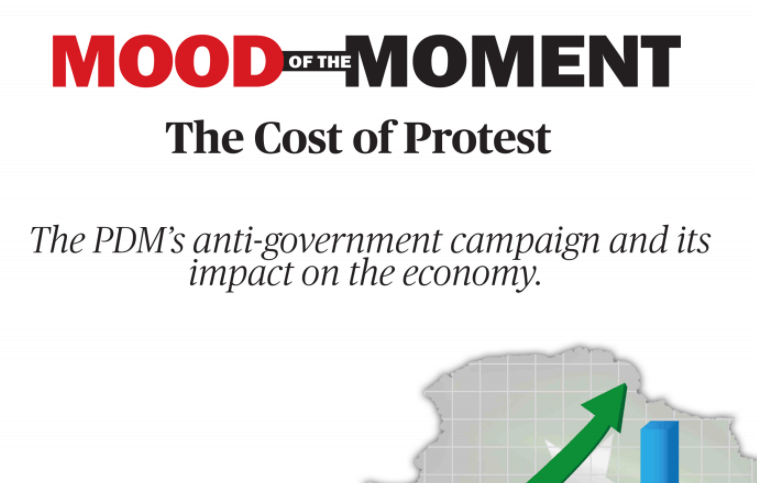It’s been a rough few months for books in the United States of America. Parents, activists, lawmakers have been demanding that certain books be removed from school curriculums and libraries from coast to coast. These challenges have traditionally been confined to school-board meetings, but they have exploded into the political sphere in recent months. So what’s behind this new wave of book censorship? Let’s take a closer look.
Over the past several years, there has been a new surge in parents, activists and lawmakers demanding that certain books be removed from school curriculums. In some cases, this is because the book contains explicit content or profanity; other times, it’s because the book challenges certain religious or political beliefs.
Whether it’s removing the Holocaust graphic novel Maus from a Tennessee school district’s eighth-grade curriculum or classics like The Handmaid’s Tale from library shelves, incidents of grassroots pressure on schools to control the materials children can access appear to be increasing in frequency and intensity.
There has also been an effort to restrict what may be taught in schools, including prohibitions aimed at critical race theory, which investigates the role of laws and other institutions in racial inequality. There have also been restrictions on sex education. In 2019, lawmakers in South Carolina passed a bill prohibiting the discussion of alternative sexual lifestyles or gender identities unless it’s part of an abstinence-only curriculum. There were similar attempts at legislation in Texas and North Dakota last year, although these eventually failed.

According to those wanting to remove some of the textbooks from classrooms, some of the texts include inappropriate content for youngsters. Opponents argue that taking books out of classrooms violates the rights of parents and pupils who wish to read them. They believe that exposing children to a wide range of literature will help them learn about themselves and the world around them.
Many people have pointed out that some of the books being challenged have been at the centre of controversy for decades. For example, Mark Twain’s Adventures of Huckleberry Finn was first published in 1885 and has been contested hundreds of times since then. In this case, parents and activists claim it contains racist language and should be censured. But the question remains, is it a step in the right direction to censor or rewrite a work which has assumed the status of a classic. And let’s not forget that every book is a reflection of the time and age when it gets written. The ideas which are seen politically incorrect today, maybe were the acceptable norm at that time and attitudes which are acceptable today remained a taboo at that time. Therefore, censoring or scrapping a book of the past or judging it by applying today’s moral, political, and rights standards in itself remains a highly flawed approach.
On a local level, the endeavour takes the form of parent and activist-led initiatives to remove books from school shelves and curricula. On the state level, there has been a push to ban “critical race theory,” which limit teachers’ speech and “educational transparency” rules, which sometimes go as far as putting teachers on publicly accessible webcams.
But why is this happening now? There are a few possible explanations.
First, social media has given people a louder and more visible voice than ever before. This makes it easier for challengers to organise and galvanise support for their cause, which is compounding polarization and constant friction in many societies. Additionally, there’s been a rise in the far-right activism, which itself is a reaction to the aggressive propagandist approach and assertiveness of the liberal order, which is trying to impose and dictate its political and economic systems and values on every society, including the traditional ones, without taking into account their objective conditions. A staunch belief in traditional values characterizes the movement of the far-right, and it’s been on the rise since the 2016 presidential election.
Finally, there’s also been a general erosion of trust in institutions. This includes schools, but it also extends to the government and the liberal media. People are increasingly sceptical of what they’re being told, which has created a vacuum for extremist ideas.



